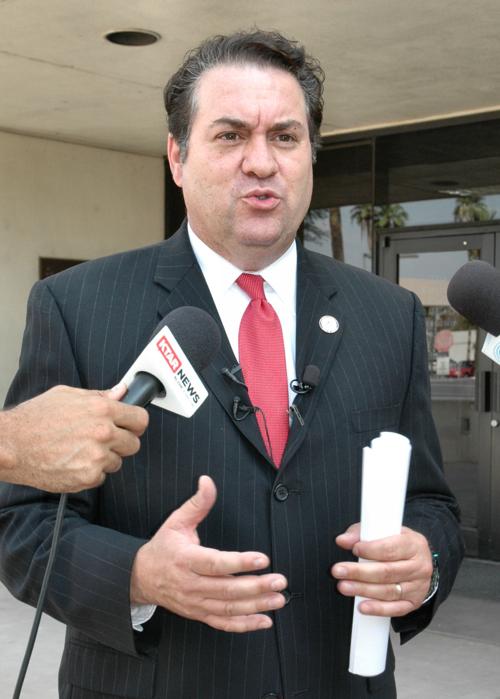PHOENIX — Public officials can’t hide public business by using their own cellphones for texts, emails and social messages, the state Court of Appeals says.
In a decision with broad implications, the judges rejected arguments by the Attorney General’s Office that someone has no right to seek information off the private cellphones of Department of Public Safety officers. Judge Paul McMurdie, writing for the unanimous three-judge panel, noted DPS officers admitted they routinely use their personal phones for official business.
The new ruling conflicts with an opinion issued earlier this year by Attorney General Mark Brnovich.
He said the only time messages from private cellphones become public is when those messages are stored in a government database. That effectively created a loophole.
But McMurdie said that limitation does not apply. There was no immediate response from Brnovich.
The case involves Robin and John Lunney, who sought records from the DPS following the 2012 death of their son. A trial judge rejected their contention that they were entitled to the private cellphone records of the officers at the scene of the accident.
McMurdie said it’s not that simple.
On one hand, the judge said the public is not entitled to a public employee’s purely personal records.
“As recognized by the United States and Arizona Supreme Courts, an individual has a cognizable private interest in her or her personal cell phone,” McMurdie wrote. But the judge said the line between public and private has to be resolved by a court looking at the information being sought to determine if it qualifies as a public record.
Here, McMurdie said, there is no question that the officers were using their cellphones to conduct police business.
The only thing that kept the trial judge from determining if what was on those phones crossed into the public realm was that DPS contacted the officers, who told them what the couple wanted did not exist. Therefore, McMurdie said, there was no violation of the public records law.
But what remains is the appellate court’s clear statement of Arizona law.
“A public employee’s private cellphone records pertaining to the conduct of public business may become public records subject to disclosure if a public records requestor establishes the employee used the cellphone for a public purpose,” the court said.
In a formal opinion in July, Brnovich concluded that public officials can’t hide evidence of their official activities through texts and social media posts made from their personal cellphones. He said there is a “duty” of those who conduct official business on their own devices to record them for preservation. Ditto, he said, of messages sent through social media sites like Facebook and Twitter.
But Brnovich provided what could be an escape clause for elected officials and others seeking to hide what they do.
“If the electronic message is solely on a private electronic device or through a social media account that an agency has not established as a system for conducting government business, then ... the electronic message is not a public record,” he wrote. And Brnovich said a 2000 change to the law expanding it to cover electronic records includes only those on “agency-maintained system.”
Dan Barr, attorney for the First Amendment Coalition, said what
the appellate court did is make clear that the question of what is a public record depends on what is in it, not where it is located.





